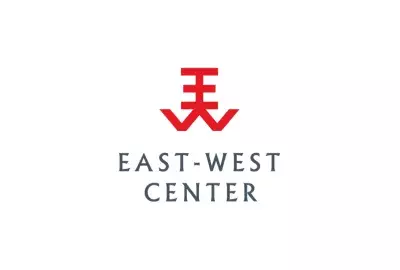Error message
East-West Center Working Papers, Economics Series
East-West Center Working Papers, Economics Series
The Impact of Minimum Wage Policy on Wages and Employment in Developing Countries: The Case of Indonesia
The Impact of Minimum Wage Policy on Wages and Employment in Developing Countries: The Case of Indonesia
Since the late 1980s, minimum wages have become an important plank of the Indonesian government’s labour policy. Minimum wages have increased faster than average wages and GDP. As a result, minimum wages have become binding for the majority of workers. This study finds that minimum wages have a positive but statistically insignificant impact on average wages. On the other hand, minimum wages have a negative and statistically significant impact on employment. In particular, the disemployment impact is greatest for women, youth, and less educated workers. However, the employment prospects of white-collar workers are enhanced by increases in minimum wages.
Since the late 1980s, minimum wages have become an important plank of the Indonesian government’s labour policy. Minimum wages have increased faster than average wages and GDP. As a result, minimum wages have become binding for the majority of workers. This study finds that minimum wages have a positive but statistically insignificant impact on average wages. On the other hand, minimum wages have a negative and statistically significant impact on employment. In particular, the disemployment impact is greatest for women, youth, and less educated workers. However, the employment prospects of white-collar workers are enhanced by increases in minimum wages.





